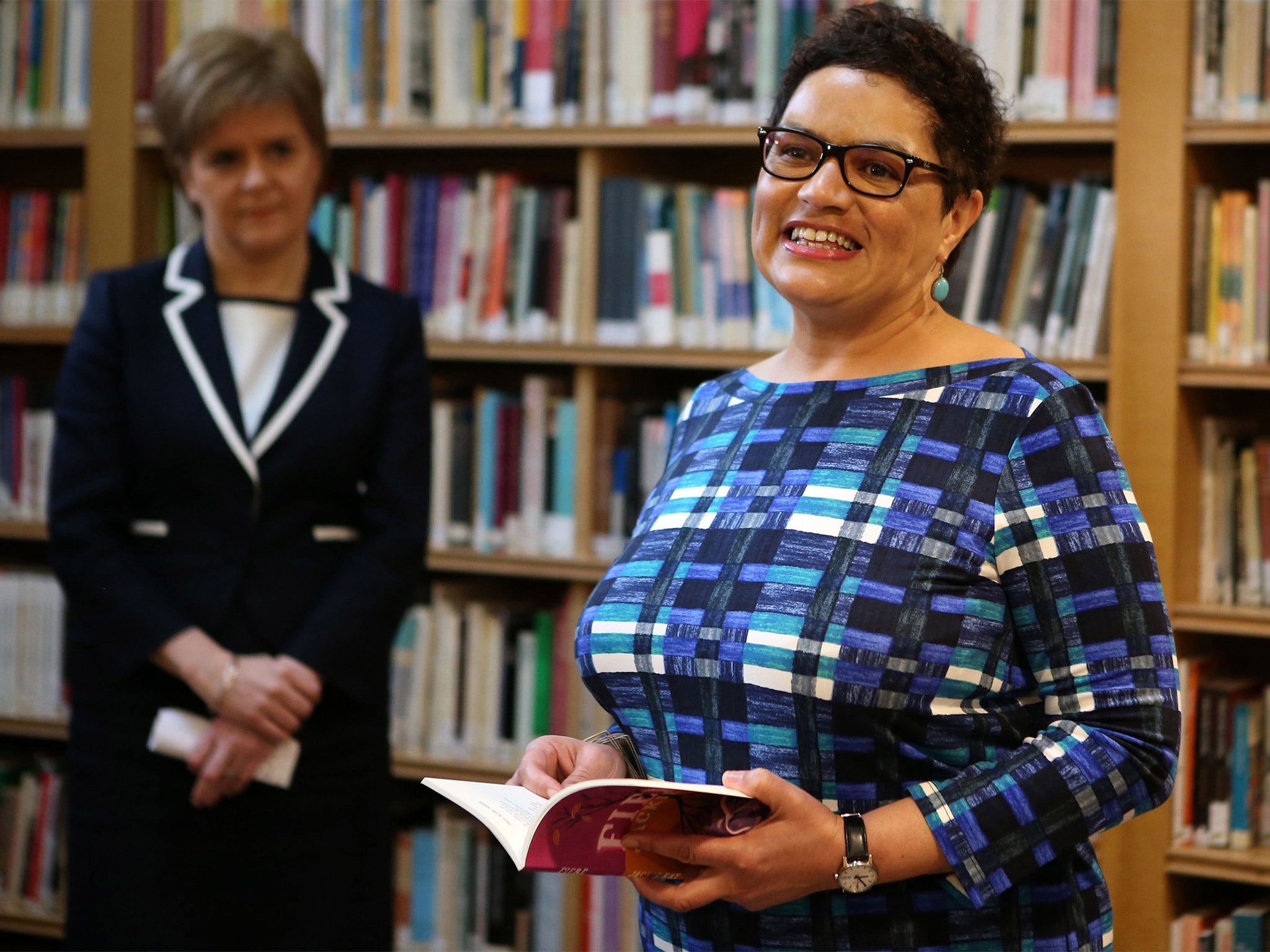Tom Stoppard should be Playwright Laureate
It’s not just poets who speak for the nation


Scotland has a new ‘national poet.’ Jackie Kay says she hopes to “open up the conversations, the blethers, the arguments and celebrations that Scotland has with itself and with the rest of the world.” Announcing the appointment, Scotland’s first minister, Nicola Sturgeon, paid tribute to Kay’s “particular Scottish brand of gallus humour” adding that she was known for her poignant and honest words.
England too has, of course, has long had the post of poet laureate. Carol-Ann Duffy has the role at present, though I don’t recall David Cameron doing a Sturgeon and analysing her writing style.
What did strike me for the first time, when I heard of Kay’s appointment, was how we accept it as natural that poets and poetry can address the concerns and celebrations of a nation, and that it is natural that there should be a national poet. But why do we restrict this role to poets and poetry?
We could, after all, just as easily have a Playwright Laureate. I’d nominate Sir Tom Stoppard. He could bring his brand of humour, searing intellect and insight (if I am to do a Sturgeon) to bear on a national event. Plays take longer to write than a poem, for sure, but perhaps we could compromise on a brief one act playlet. Even if he only wrote one play about a national event during his tenure, just having a national playwright would send out a message about the importance of drama and its ability to help us understand our society and our lives.
The same, of course, applies to fiction, and I see no reason why we shouldn’t have a National Novelist to take his or her place alongside the national poet. Again, in the interests of time we might have to compromise on a short story. But why should that be of less worth, or less memorable, than a poem?
And now I’m in the swing, I’d go further. Fans of dance will assure you that there’s an art form which can give its own take not just on events but on the human condition. Darcey Bussell would have been an ideal National Dancer. And it almost goes without saying that we should have a Composer Laureate to give us an overture, oratorio or even just a song to commemorate a moment in the nation’s history (The Master of the Queen’s Music can’t be said to have a national profile). Painting too is a natural way to represent and explore our national identity, triumphs and disasters. It’s strange, when you think of it, that we have official war artists but no sort of official peace artist.
Having laureates across the art forms would achieve two objectives. Firstly, it would enable us to mark moments of national importance in different cultural ways appealing to different audiences. Secondly, it would celebrate the importance and achievement f the best in ther fields and bring their work to a wider public.
The poets have had it to themselves for too long.
A heady mix of culture and campaigns
In our final edition we have reprised some of The Independent’s cultural ‘greatest hits — a selection of some of the outstanding critics and writers that have contributed over the last 29 and a half years. Readers and leading lights in the arts world would, I think, agree that The Independent has led the way in erudite, provocative, witty and incisive arts writing in a period during which British culture itself has entered a golden age.
On a personal level, I am proud to have helped shape that coverage, first as arts correspondent then as arts editor and cultural commentator, over most of those 29 and a half years. Certainly, I recall my exclusives, that the Tate was to open a new gallery devoted to modern art; that the RSC was to leave its London home; that David Bowie and William Boyd had hoaxed the art world with a biography of a fake artist. But I look back with particular pride on my successful campaign to have parked cars removed from the courtyards of important cultural buildings such as the British Museum and Somerset House, buildings whose open spaces have since become social hubs. And, more recently, I am grateful for your support in your many emails and letters for my sustained pressure to end booking fees and have cheaper tickets generally to encourage greater access to the arts.
The Independent’s arts coverage, like The Independent itself, will henceforth be found on the new App and on the website. To use a phrase beloved of the arts world, it will aim to remain at the cutting edge.
d.lister@independentco.uk
twitter.com/@davidlister1
Join our commenting forum
Join thought-provoking conversations, follow other Independent readers and see their replies
Comments
Bookmark popover
Removed from bookmarks